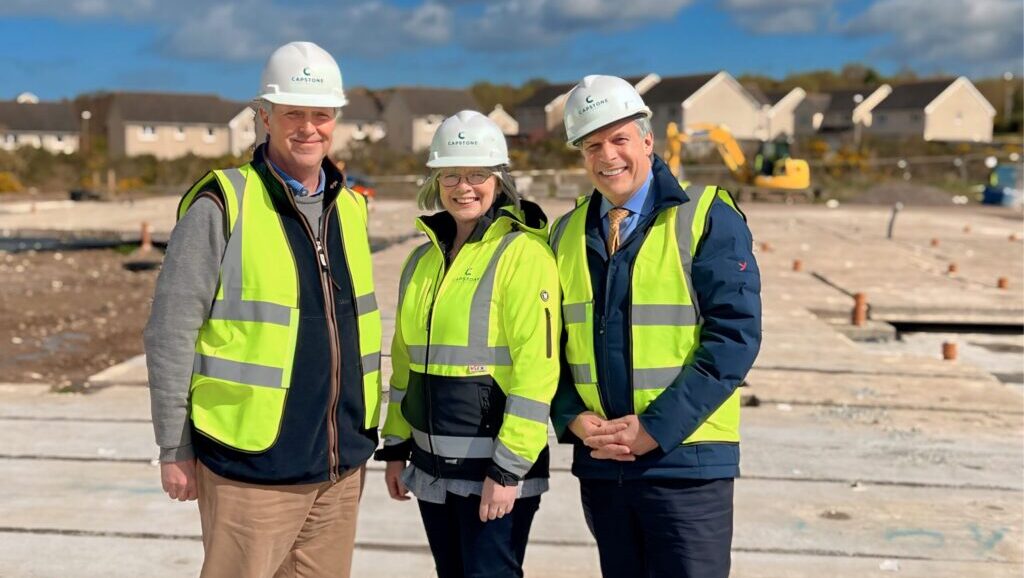“We start off with a new policy” – CQC chief executive at Health Plus Care

The Care Quality Commission (CQC) wants to make certain that it gets information from those it regulates but also enhances the information that it gives back, Ian Trenholm, chief executive of CQC, told delegates of Health Plus Care 2022. He spoke about the importance of safety and quality of care alongside promoting improvements and the regulator’s new policy following the Health and Social Care Act.
Trenholm explained, in brief, the CQC’s new strategy, which was launched in May 2021 and includes four core pillars; regulating through the eyes of people and communities that use the services, making smarter regulations, providing safety through learning, and accelerating improvement. In addition, the regulator asks five key questions about safety, effectiveness, care, responsiveness, and leadership.
Trenholm revealed that over the last 10 years of regulating providers, the key question that performs the least well is around safety.
He continued: “The organisations that do well in terms of safety are the ones who systematically learn because we know that health and social care are difficult businesses to be in. They are difficult services to run. And sometimes things go wrong. What we want to do as a regulator is to recognise that sometimes things do go wrong, but equally, they shouldn’t be going on twice, three times and four times. Safely through learning is an integral part of our new strategy.”
As for accelerating improvements, he said: “The investments we’ve made in technology, in particular in recent times, will enable us to offer benchmarking services and information will enable us to work with academic institutions on researching the causes of some of the challenges that we’ve faced and helping us to really make a difference.”
Speaking about the Health and Social Care Act, Trenholm mentioned that it brings “the largest change” in the CQC’s powers and duties in a decade. “Alongside regulating local authorities – a group that CQC had not formally had to regulate in the past – we’ll be looking at hospital food, as well as looking at specialist training to support people with learning disabilities.
“On a practical level, this means we start off with a new policy. We’re going to have a single assessment framework. And the idea is that we use our five key questions as the basis for that and then start to look at issues like leadership from the provider level, right across to a system level. We will try to actively avoid duplication, hence the single assessment framework.
“A single assessment framework needs an underpinning technology platform to be successful. The significant investments that we’ve made in our technology platform will enable our inspectors to do the job more efficiently and more effectively. It also gives us a better data set.”
The new technology will start to grow in its use over the next few months, according to Trenholm. “We’re hoping to go live with that towards the tail end of this calendar year.”
Trenholm concluded: “Internally, we’re introducing a series of multidisciplinary teams. We will continue to have specialists in social care, primary medical services, mental health, and of course, hospitals. Those specialties will be retained, but we want to bring those specialists together to talk about some of the very real system problems that exist in several areas and work through what potential solutions can be.”
The ‘Evolving regulation in a time of recovery’ panel was chaired by Louise Minchin, broadcaster and journalist.



